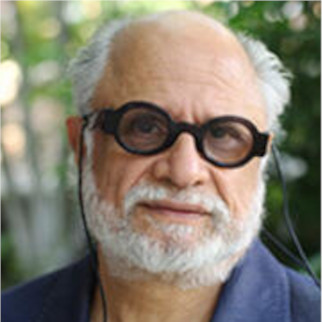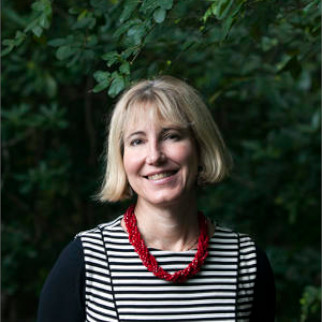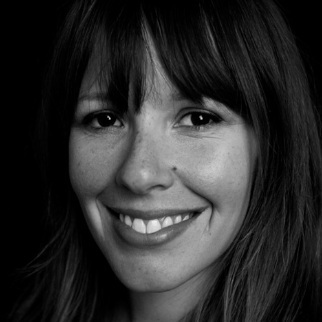Conference Keynote Speakers and Authors

Homi K. Bhabha
Homi K. Bhabha has been a leading figure in colonial and postcolonial literary studies and theory since the 1990s and has developed a number of the field’s key concepts, such as hybridity, mimicry, the third space, and ambivalence. Born in Mumbai, India, and educated at the University of Bombay and the University of Oxford, Bhabha is the Anne F. Rothenberg Professor of the Humanities in the English and Comparative Literature Departments at Harvard University, where he also served as director of the Mahindra Humanities Center. He is the author of numerous influential works including Nation and Narration, The Location of Culture and Our Neighbours, Ourselves: Contemporary Reflections on Survival and in addition to his writing also works as an advisor to art institutions such as the Institute of Contemporary Arts London and the Whitney Museum of American Arts, New York. Currently, he is leading a research project on the Global Humanities supported by the Volkswagen and Mellon Foundations, which has direct relevance for the topic of postcolonial infrastructures. Postcolonial infrastructures are also important for his book projects On Art, A Global Measure and The Right to Narrate. Bhabha will hold the annual Wolfgang Iser Lecture, co-sponsored by GAPS, on the night before the conference (17 May 2023). Attendance is free of charge.

Elleke Boehmer
Elleke Boehmer is a founding figure in the field of colonial and postcolonial literary studies, and internationally known for her research in the anglophone literatures of empire and anti-empire. She is Professor of World Literature in English at the University of Oxford. Her writing straddles a range of forms and genres, including cultural history, fiction, criticism, and life-writing. Boehmer’s research explores issues of migration, identity, reception, nation, race and gender representation; and world literature and postcolonial debates, particularly relating to sub-Saharan Africa, South Asia and contemporary Britain. Postcolonial Poetics (2018), Boehmer’s sixth monograph, is a study of how we read postcolonial and world literatures today, and how the structures of that writing shape our reading. The book asks how postcolonial texts might offer ways not only of representing but of thinking through postcolonial identities. Also in 2018, with Dominic Davies, she has published the edited volume Planned Violence: Post/Colonial Urban Infrastructure, Literature and Culture, which explores new ways of conceptualizing the relationship between urban planning, its often violent effects, and literature.

Manu Karuka
Manu Karuka is an assistant professor of American Studies, and affiliated faculty with Women’s, Gender & Sexuality Studies at Barnard College, where he has taught since 2014. His work centers a critique of imperialism, with a particular focus on anti-racism and Indigenous decolonization. His interest in postcolonialism and infrastructure shows itself most prominently in Empire’s Tracks: Indigenous Nations, Chinese Workers, and the Transcontinental Railroad (University of California Press, 2019). With Juliana Hu Pegues and Alyosha Goldstein he co-edited a special issue of Theory & Event, “On Colonial Unknowing,” (Vol. 19, No. 4, 2016) and he co-edited The Sun Never Sets: South Asian Migrants in an Age of U.S. Power (NYU Press, 2013).

Magnet Theatre (Mandla Mbothwe & Mark Fleishman)
Magnet Theatre seeks to celebrate a spirit of theatrical research and to challenge participants in our activities, performers and audience, through experiences that shift bodies, assumptions, feelings, beliefs and understandings. They strive to be a moving force in the lives and minds of people in relation to changing local and global contexts. Their mission is to create an original repertoire of South African productions, inspirational performance events and effective educational processes that emphasise the primacy of the human body in the act of theatre.
Mandla Mbothwe is co-investigator with ReTAGS (Reimagining Tragedy from Africa and the Global South) at the University of Cape Town, an Artistic Director of Magnet Theatre and drives the Culture Gangs Programme. He is an acclaimed South African playwright, researcher, director, art teacher and theatre practitioner.
Mark Fleishman (Artistic Director and Managing Trustee) (BA, Perf. Dip (Speech and Drama) MA (UCT), PHD (UCT)) is Professor in the Drama Department at the University of Cape Town. He is an award winning director and has directed most of Magnet Theatre’s productions since ‘The Shows Not Over ’til the Fat Lady Sings’. He also functions as a writer, not only of theatre texts but of many published academic articles, mainly on South African theatre and is an internationally respected theatre maker and academic.

Tara June Winch
Tara June Winch is an Australian writer based in France. Her first novel Swallow the Air, (UQP) 2006 was critically acclaimed. In 2008, she was mentored by Nobel Prize winner Wole Soyinka as part of the Rolex Mentor and Protégé Arts Initiative. The novel was listed on the HSC syllabus for Standard and Advanced English from 2009-2020 and a tenth-anniversary edition was published in 2016.
The short-story collection After the Carnage, (UQP) was published in 2016 also to critical acclaim. In 2018 she wrote the script for the Indigenous dance documentary Carriberrie. Her current novel The Yield, (Hamish Hamilton, Penguin) was published in 2019 and won the 2020 Miles Franklin Literary Award. Editions were published in the US/CA/UK (HarperVia, HarperCollins, 4th Estate) and translated into French (Actes Sud), German (Wie rote Erde) and Dutch (Mozaïek), and forthcoming in Mandarin and Polish.